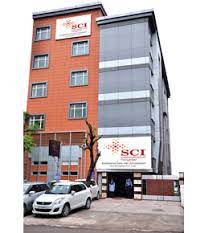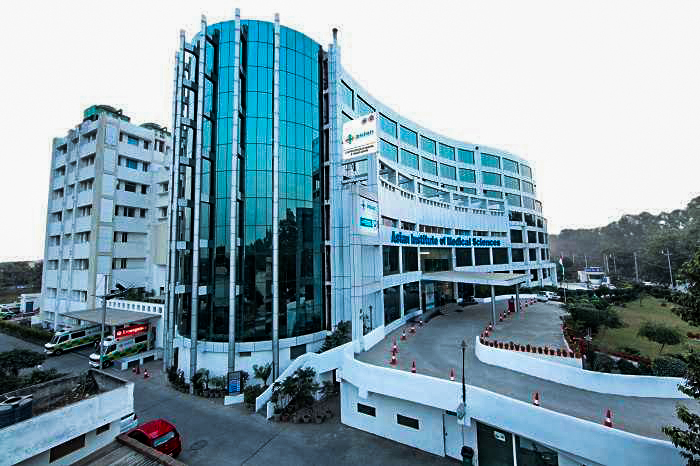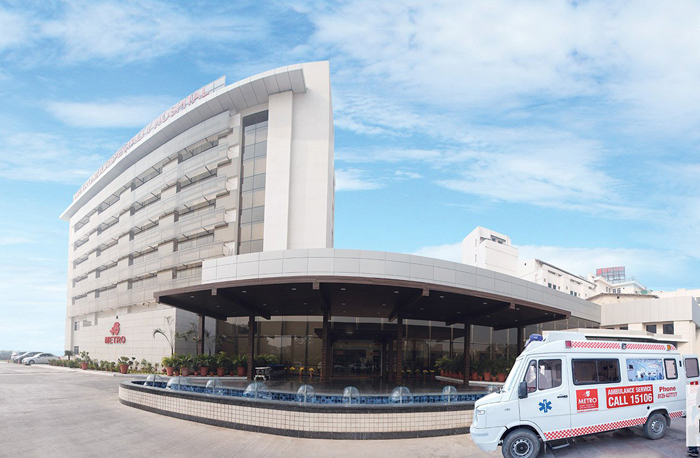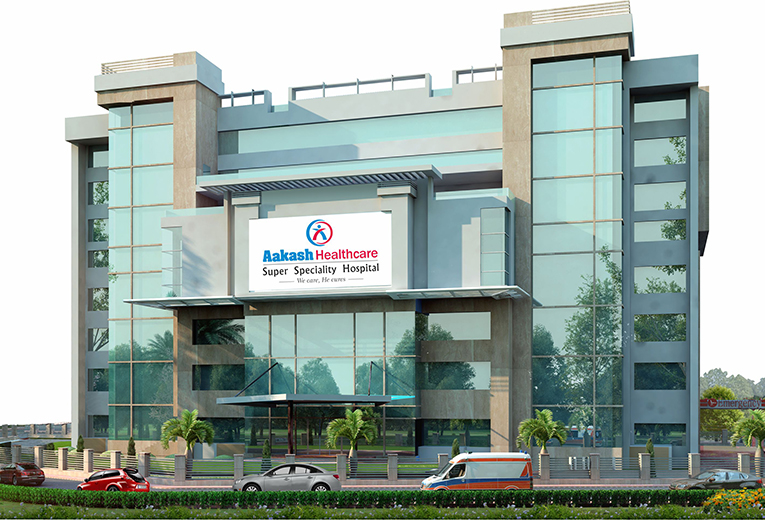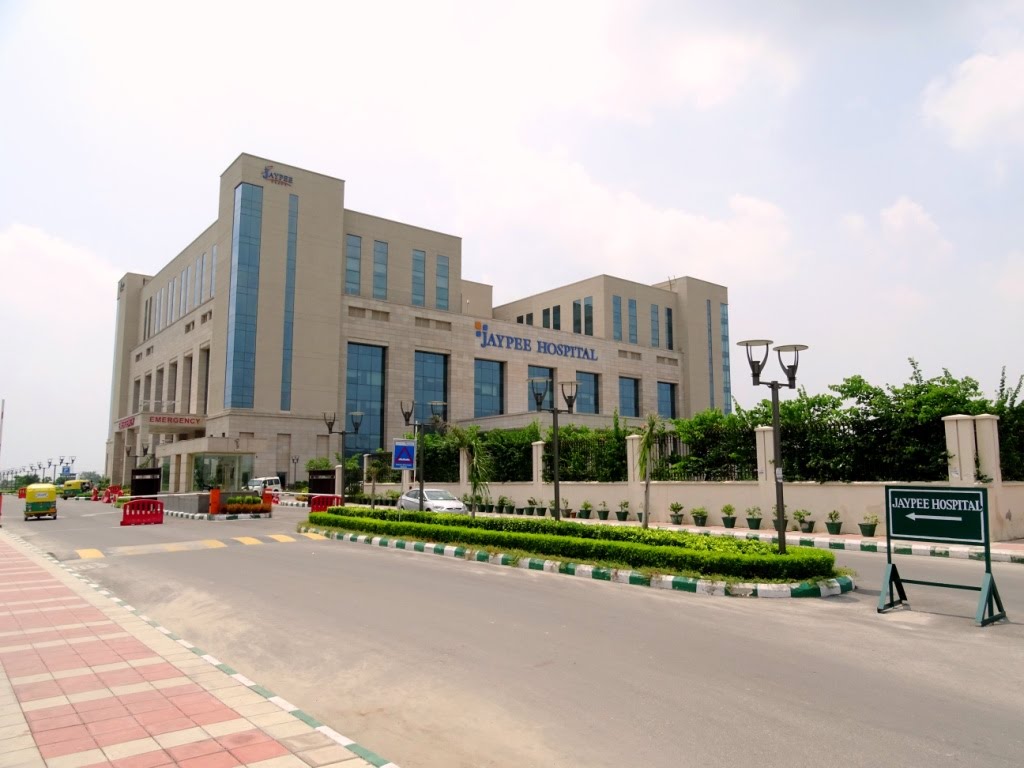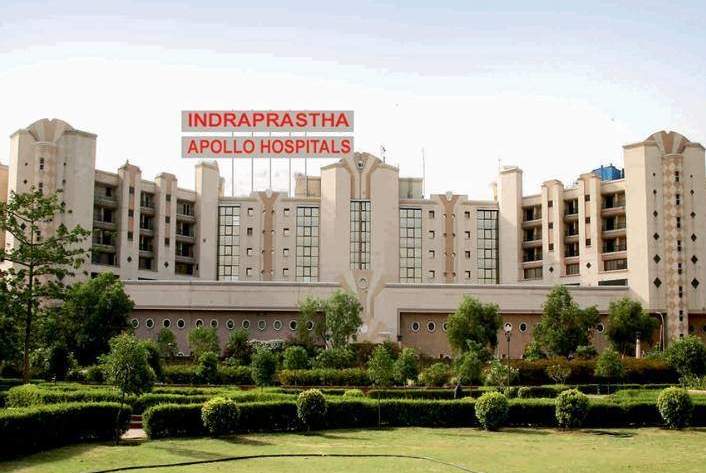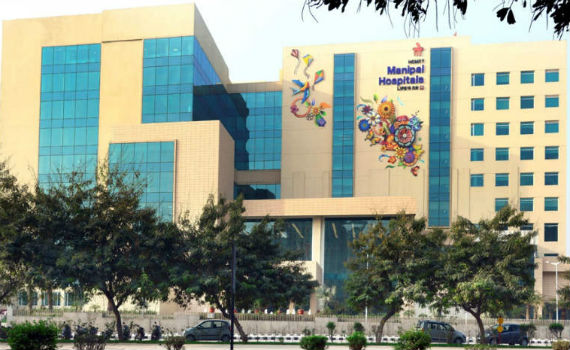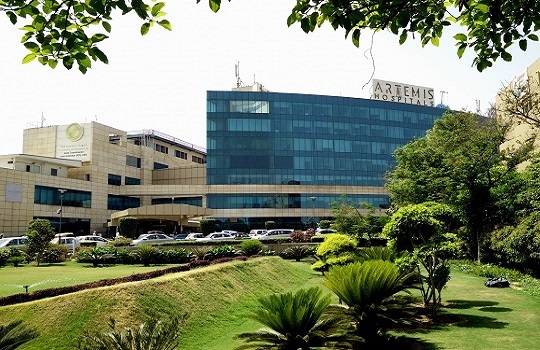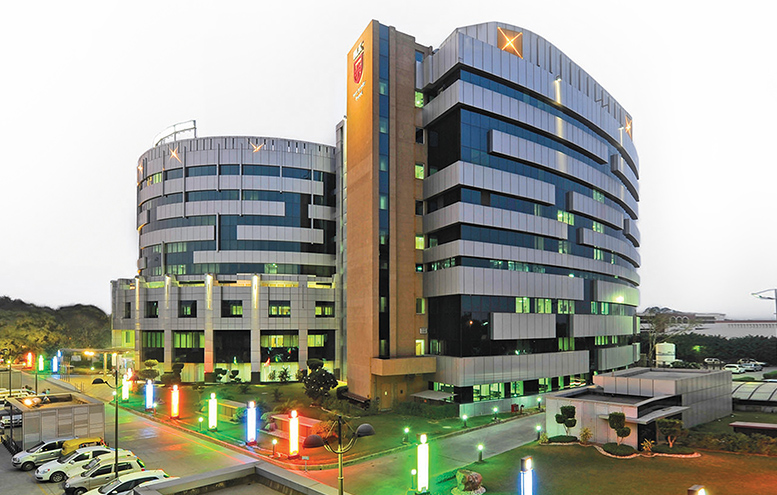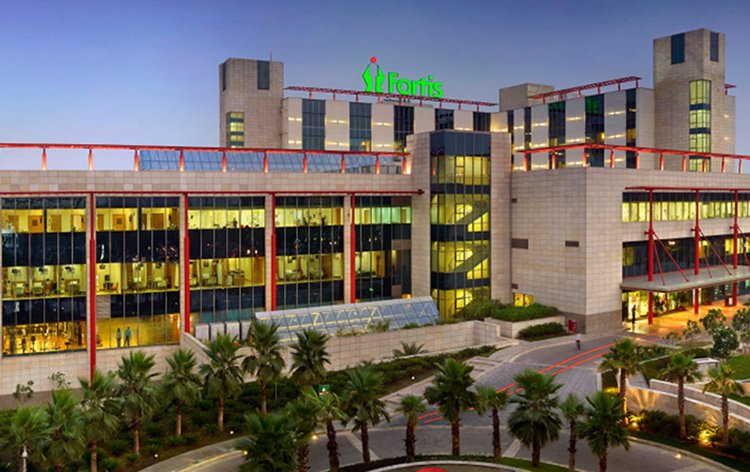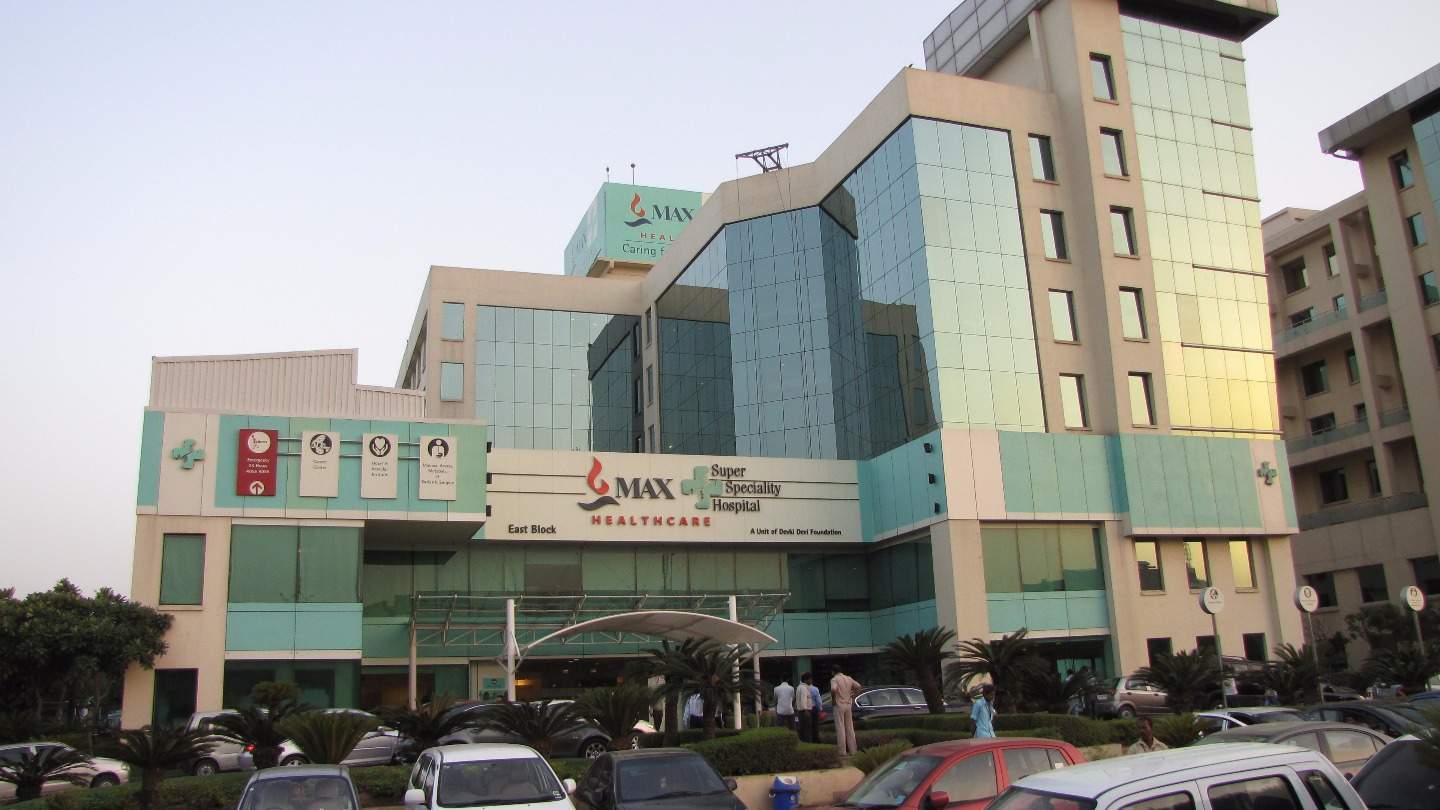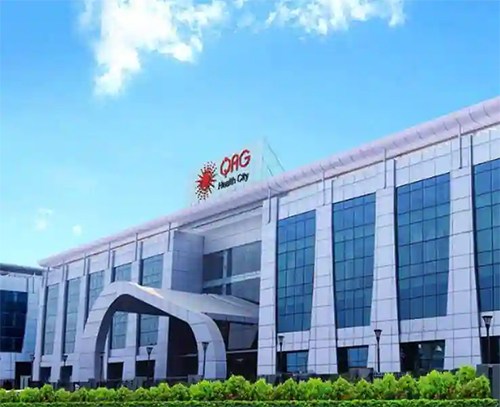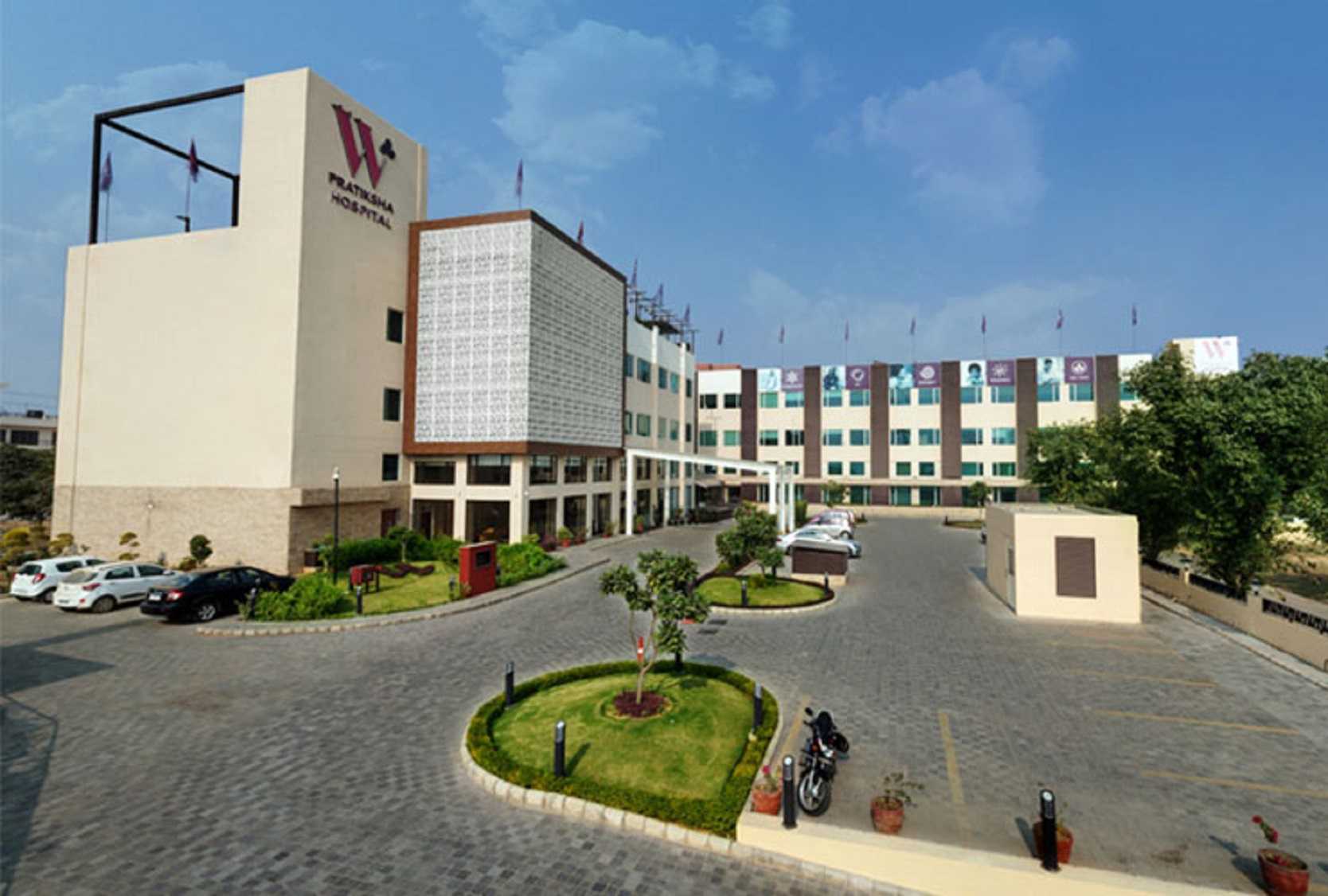Urethroplasty Surgery in India Treatment and Cost

2 No of Traveler

3 Days in Hospitals

10 Days Outside Hospital

13 Total Days in India

Treatment starts from
$ 3700
Urethroplasty Surgery in India
Urethroplasty is a popular method of treating urethral stricture. Urethral stricture is a fairly common condition that many people suffer each year. The condition is more common among men than females. Urethroplasty in India is common as thousands of men get their treatment every year. This article dives deep into the reasons for urethroplasty, the treatment, and the post-surgery care routine.What is urethroplasty?
Urethroplasty is a surgery performed in your urethra – the tube which carries urine from your bladder outside of your body. When the tube gets blocked, it obstructs the urine from passing, and that is called urethral stricture. The treatment involves clearing the blockage to let the urine pass unobstructed.Reasons for doing urethroplasty
The urethra can get harmed for a variety of reasons. Injuries in the pelvis or the urinary system, complications from another operation, or infections can cause scar tissues to appear inside the tube. The primary reason to get urethroplasty is urethral stricture, causing blockages. The surgeon removes the blockage and repairs the tissue inside of your urethra. The process can involve taking tissues from other parts of your body, such as tissue from the back of your lips, your genitals, or your rectum. If somebody had a gender affirmation surgery, then the person also may need to go for urethroplasty. Again, if somebody had epispadias or hypospadias, meaning that their urethra was repaired in childhood, then they may need to go through urethroplasty.How major is the surgery?
Urethroplasty in India is fairly common and is not a very major one. However, it depends on the nature of the surgery and how much time it would take. If the process is about repairing and joining two ends of the urethra, it takes less time. On the other hand, the process takes longer if it involves taking tissue from other body parts. As the severity of the blockage varies from person to person, the overall time of the surgery also varies.Diagnosis for urethroplasty:
The diagnosis of the condition spreads in about three stages.- An ultrasound test checks how much urine the patient is able to pass.
- A uroflowmetry will show the graphical presentation of the urine flow of the patient.
- The final test is a retrograde urethrogram, which allows seeing the doctor where exactly the stricture is – how long or how thin through an X-ray.
The surgery procedure
The operation occurs in several steps. First, the surgeon will cut into the muscle tissue in order to reach the urethra. The incision typically takes place under the penis, in the scrotum, or between the scrotum and anus. After that, the surgeon identifies the stricture and either removes it or rebuilds it, depending on the situation. The length and location are also important for deciding on that. The surgeon will graft tissue from other areas of your body if the stricture is longer or the blockage is in the penile area. The tissue is either collected from the inner cheeks of your mouth, genitals, or rectal area. The surgeon will close the incision and place a drain in that area for about a day. A catheter will allow the urethra to heal while also allowing urine to pass. The area will be stitched as the final step.After-surgery
Right after the surgery, you'll spend time in the recovery room to get out of anesthesia. Usually, the patient will leave with a urinary catheter, pain medications, medication to reduce bladder spasms, and antibiotics. The patient may also get medication to stop erections. The patient will have to visit the clinic in 2-3 weeks after the reconstruction surgery. There will be a radiology procedure, which will require filling your bladder with contrasting fluid and taking X-ray images of the area while you urinate. Then, the personnel will send the images for review, and you'll get your doctor's opinion on the situation.Advantages of urethroplasty
Urethroplasty in India is the best procedure to treat urethral blockage. According to a survey, the average success rate of this surgery is well over 80%, while some surgeries have shown more than 90% depending on the location and length of the blockage.Risks of urethroplasty
There remains a chance of catheter leakage or blockage from the surgery. Also, you may contact infection in the wound during the placement of a catheter. Moreover, there are some disadvantages.- You can get nerve injuries to your legs and feet.
- Nerve damage can also cause pain in the wound area or perineum.
- Erectile dysfunction is among the common conditions one can experience for about 18 months.
- Urine and semen leakage from your penis.
Conclusion
Urethroplasty in Indiais the best way to treat urethral stricture. The process is simple yet provides complete relief from blockage. People are able to get back to their normal lives and have a healthy, fully-functional urinary system and genitals.Top Hospitals
SCI International Hospital
SCI (Surgical Centre of India ) International Hospital has been established to provide world class integrated healthcare facilities to all sections of the society ... M 4, Near M Block, Greater Kailash-1, New Delhi 110048
M 4, Near M Block, Greater Kailash-1, New Delhi 110048
 No. Of Beds: 100
No. Of Beds: 100



Dr. Vishal Dutt Gour
Urologist, Urological Surgeon, Andrologist
 MBBS, MS - General Surgery, MCh - Urology/Genito-Urinary Surgery
MBBS, MS - General Surgery, MCh - Urology/Genito-Urinary Surgery
Asian Institute Of Medical Sciences
Asian Hospital or the Asian Institute of Medical Sciences is a super specialty tertiary care hospital operating in the Northern Indian subcontinent region. Its cutting edge technology and a pool... Delhi / NCR, India
Delhi / NCR, India
 No. Of Beds: 425
No. Of Beds: 425


Dr. Rajiv Kumar Sethia
Associate Director & Head -Urology & Kidney Transplant
 MBBS, MS, DNB, MNAMS
MBBS, MS, DNB, MNAMS
Metro heart institute faridabad
Metro Hospital, Faridabad has been in existence since 2002 as the first dedicated heart hospital of Haryana started by first DM cardiology of the state Dr. S.S Bansal ... Sector 16 A, Faridabad (NCR) - 121002. India.
Sector 16 A, Faridabad (NCR) - 121002. India.
 No. Of Beds: 400
No. Of Beds: 400


Aakash Hospital Dwarka Delhi
Akash hospital is one of the fastest growing hospitals in Delhi which is 230 bedded hospital and provides numerous healthcare facilities. There are 70 Intensive care unit beds, 8 OT’s with 32 sp... Hospital Plot, Road Number 201, Sector-3, Dwarka, New Delhi-110075
Hospital Plot, Road Number 201, Sector-3, Dwarka, New Delhi-110075
 No. Of Beds: 230
No. Of Beds: 230

Jaypee Hospital
Shri Jai Prakash Gaur, the Founder Chairman was the one to conceptualize the model and see the final establishment of the Jaypee Hospital with the idea to promote world class healthcare which ca... Jaypee Hospital Rd, Goberdhanpur, Sector 128, Noida, Uttar Pradesh 201304
Jaypee Hospital Rd, Goberdhanpur, Sector 128, Noida, Uttar Pradesh 201304
 No. Of Beds: 480
No. Of Beds: 480


Dr. Amit K Devra
Director, Coordinator Kidney Transplant Programme, Department of Urology & Kidney Transplant
 MS (General Surgery), DNB (Urology)
MS (General Surgery), DNB (Urology)
Indraprastha Apollo Hospital
Established in 1996, Indraprastha Apollo Hospital is NABH, NABL and JCI accredited. Apollo Group offers 10,000 beds across 64 hospitals, more than 2,200 pharmacies, over 100 prima... Sarita Vihar, Delhi-Mathura Road , New Delhi, India, 110076
Sarita Vihar, Delhi-Mathura Road , New Delhi, India, 110076
 No. Of Beds: 1000
No. Of Beds: 1000





Manipal Hospital Dwarka
Manipal Hospital Dwarka is a prominent multi-specialty and quaternary care providing hospital with first-rate healthcare services and integrated facilities. The world-class medica... Palam Vihar, Sector 6, Dwarka , New Delhi, DL, India, 110075
Palam Vihar, Sector 6, Dwarka , New Delhi, DL, India, 110075
 No. Of Beds: 380
No. Of Beds: 380


Artemis Hospital
Artemis is a world-class tertiary care multi-specialty hospital established in 2007. Artemis hospital, accredited with JCI and NABH certificates, is a 400+ bedded hospital, design... Near Unitech Cyber park, Sector 51 Gurgaon Haryana 122001
Near Unitech Cyber park, Sector 51 Gurgaon Haryana 122001
 No. Of Beds: 400
No. Of Beds: 400

BLK Super Speciality Hospital
BLK Super Speciality Hospital is a private sector hospital based in New Delhi, India with 650 beds and 17 operation theaters. It was founded by B. L. K... Pusa Road, Radha Soami Satsang,, Rajendra Nagar , New Delhi, India
Pusa Road, Radha Soami Satsang,, Rajendra Nagar , New Delhi, India
 No. Of Beds: 650
No. Of Beds: 650


Fortis Memorial Research Institute
Fortis Memorial Research Institute (FMRI) Fortis Memorial Research Institute (FMRI) is well known to all for being a quaternary care service provider and a multi super specialty hospita... Sector - 44, Opposite HUDA City Centre , Gurgaon, HR, India, 122002
Sector - 44, Opposite HUDA City Centre , Gurgaon, HR, India, 122002
 No. Of Beds: 1000
No. Of Beds: 1000





Max Super Specialty Hospital Saket
Max Super Speciality Hospital in Saket was founded in 2006 Awarded for its initiatives towards customer experience improvement & for patient safety at FICCI Healthcare Excelle... 1,2 Press Enclave Road, Saket , New Delhi, India, 110017
1,2 Press Enclave Road, Saket , New Delhi, India, 110017
 No. Of Beds: 252
No. Of Beds: 252



QRG Health City Faridabad
QRG Health City is a tertiary care 400 bedded hospital with state of art infrastructure. Hospital has dedicated International wing to cater to needs of international patients like wifi, prayer r... Plot No. 1, Sector 16 ,Faridabad - 121002
Plot No. 1, Sector 16 ,Faridabad - 121002
 No. Of Beds: 400
No. Of Beds: 400


W Pratiksha Hospital
mprehensively catering to health requirements of people from India and abroad. Established in 1995, the 100 bedded facility is the flagship hospital of Pratiksha Group of Hospitals. Pratisha Gro... Golf Course Ext Rd, Shushant Lok 2, Sector 56, Gurugram, Haryana 122011
Golf Course Ext Rd, Shushant Lok 2, Sector 56, Gurugram, Haryana 122011
 No. Of Beds: 100
No. Of Beds: 100



